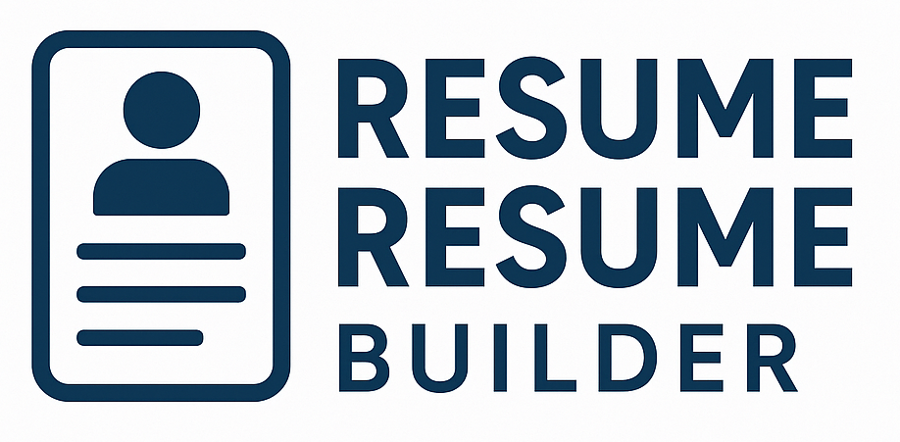Leveraging Resume Builder Templates for Global Job Markets: What U.S. Applicants Should Know
October 25, 2025 at 4:56 pm
As more professionals explore international job opportunities, understanding how to adapt your resume for global markets is crucial. While resume builders simplify the process of creating professional documents, not every template fits every country's hiring expectations. What works perfectly for an American recruiter might seem confusing or even unprofessional elsewhere. If you’re a U.S.-based applicant applying abroad, here’s how to use a resume builder strategically for success in international job markets.
1. Understand Regional Resume Norms
Different countries have unique preferences when it comes to resume format, tone, and content. In the U.S., a concise, one-page resume emphasizing achievements is standard. In contrast, European employers often expect a two-page CV that includes more detailed career history, education, and even personal details like nationality or language proficiency. Asian markets, such as Japan or South Korea, often value formal, highly structured formats and may even expect a photo. Before finalizing your template, research country-specific expectations to ensure your resume aligns with local standards.
2. Adjust the Language and Tone
A resume that resonates with an American employer may sound too informal or assertive abroad. For instance, in the U.K., modesty in phrasing is appreciated — “assisted in” or “contributed to” might be preferred over “led” or “spearheaded.” Resume builders allow you to adjust tone and word choice easily. Opt for a professional, culturally neutral tone that highlights achievements without exaggeration.
3. Use International-Friendly Resume Builder Templates
Not all templates are globally compatible. Choose one that supports multilingual entries, international date formats, and flexible address sections. For global applications, include both your city and country, and use an international phone number format (+1 for the U.S.). Additionally, save your resume in a universal file format (PDF) to prevent formatting issues when sent abroad.
4. Highlight Global Competencies and Experience
Employers outside the U.S. often value adaptability, cross-cultural communication, and international exposure. Even if you haven’t worked abroad, you can emphasize relevant skills such as collaborating with global teams, managing remote work across time zones, or fluency in other languages. These are universally appealing traits that set you apart in global markets.
5. Include a Professional Summary with a Global Mindset
Your summary or profile section should reflect your readiness for international roles. Mention your interest in global opportunities, cultural adaptability, and any cross-border experience. For instance: “Results-driven marketing specialist with five years of experience managing North American and European campaigns, passionate about leveraging data insights in global markets.”
6. Be Mindful of Application Systems
Many international companies use regional applicant tracking systems (ATS) that may scan for different keywords. Resume builders often have built-in optimization tools — use them to include relevant global terminology. For example, while “resume” is the U.S. term, “CV” is the preferred term in Europe. Tailor your file name and section headings accordingly.
7. Add Certifications and Credentials Recognized Abroad
Highlight certifications that carry international weight, such as PMP (Project Management Professional), CFA (Chartered Financial Analyst), or language proficiency scores like IELTS or TOEFL. A resume builder makes it easy to organize these credentials under a “Certifications” or “Professional Development” section, which can increase your credibility with foreign employers.
8. Customize for Each Market
Avoid sending the same version everywhere. Instead, use your resume builder to generate localized versions. For example, a resume for Germany might include your photo and date of birth, while one for Canada should omit those details. With most builders, creating and saving multiple variations is simple and efficient.
A resume builder can be a powerful ally when pursuing international job opportunities — but only if used thoughtfully. Understanding cultural expectations, adapting your template, and emphasizing global skills can make all the difference between being overlooked and being shortlisted. By tailoring your resume to align with each country’s professional norms, you’ll project not just competence, but also cultural intelligence — a highly sought-after quality in today’s global job market.
